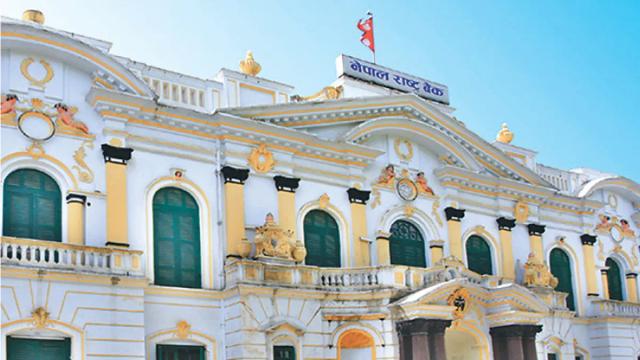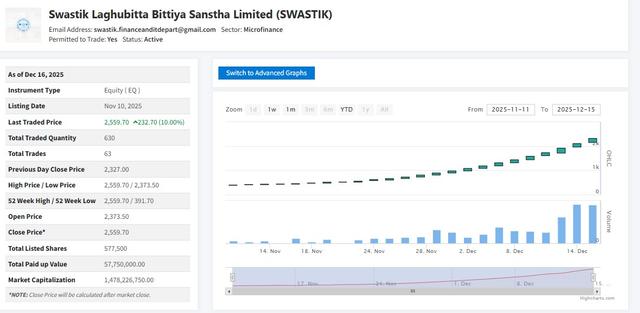Inflation Under Control, But Service Sector Pressures Mount
Author
NEPSE TRADING

Kathmandu — The consumer price index (CPI) across Nepal’s major ecological regions — Kathmandu Valley, Terai, Hill, and Mountain — remained balanced in the first 11 months of the current fiscal year. According to data published by Nepal Rastra Bank, inflation was moderate across all belts, with the national CPI increasing from 101.70 to 104.47. This marks an annual increase of 2.72%, and a monthly rise of just 0.28%, suggesting inflation is currently under control.

In the Kathmandu Valley, the price trend has remained relatively stable. The annual CPI growth reached 2.73%, with food prices increasing only 0.78%, while non-food and service prices surged by 3.47%. This hints at growing costs in housing, education, health, and other private services — a reflection of urban cost pressures.
The Terai region also showed a similar balanced inflation pattern. Its overall CPI rose 2.58% year-on-year. Notably, food prices declined slightly by 0.09%, while non-food and service prices jumped by 4.25%. This suggests that although agricultural production may have helped stabilize food costs, service consumption and pricing are on the rise.
In the Hill region, inflation was mild and stable. The overall CPI increased by 2.48%, but food prices actually fell by 0.39%, the only region to see a drop. This may be due to stable supply chains or subdued rural demand. However, non-food and service prices still rose by 3.16%, keeping cost pressures intact. Month-on-month, the Hills reported the lowest CPI growth at just 0.14%, indicating stable price movement.
The Mountain region, however, continues to face the highest inflation among all regions, with the CPI increasing 4.18% year-on-year. While food prices rose by 1.16%, non-food and services soared by 6.17% — the highest among all categories. This is likely due to logistical difficulties, transportation costs, and lack of market competition in remote, high-altitude areas.
Economists warn that rising costs in the service sector could impact living standards, particularly in urban and remote regions. While overall inflation is still within acceptable levels, the disparity in regional price trends calls for targeted policy action.
Experts argue that Nepal Rastra Bank and the government must closely monitor the widening price gap between regions. Particularly in the Mountain belt, there is an urgent need to improve infrastructure, streamline supply systems, and boost competition in essential services.
Although the current inflation trend is manageable, growing service-sector pressure signals the need for proactive policy responses to ensure equitable price stability across the country.



